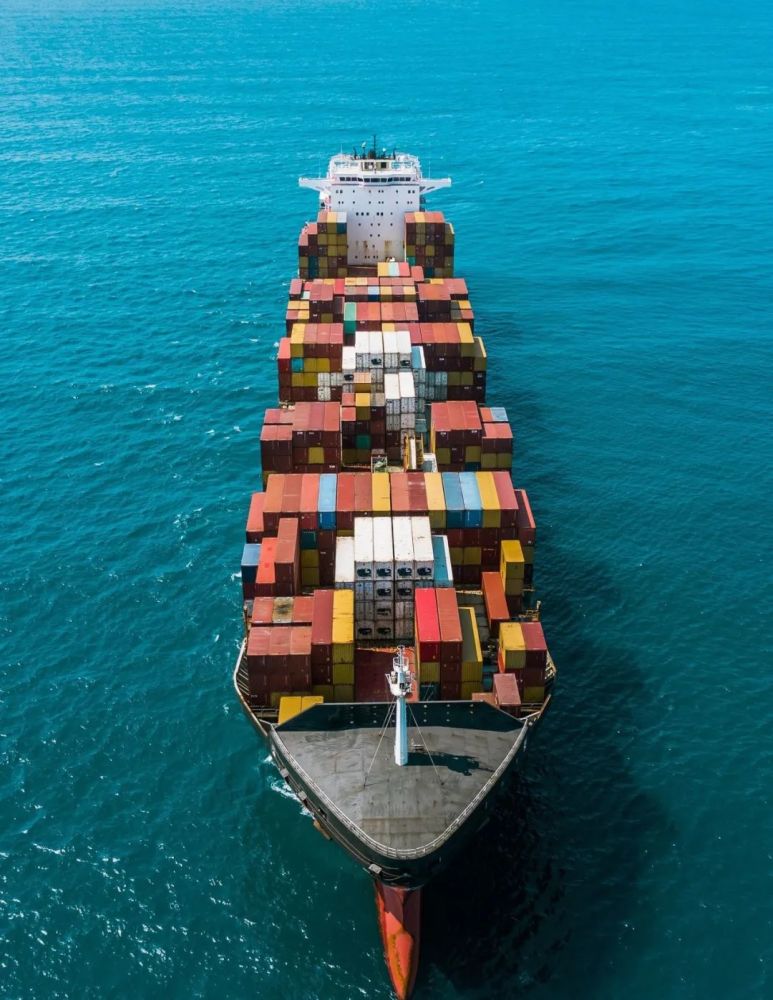Shipping goods to South Africa can be complex, and demurrage charges at ports can significantly increase your costs. Whether you’re an importer, exporter, or freight forwarder, knowing how to avoid demurrage charges in South Africa ports is crucial for maintaining a healthy bottom line. This guide will provide you with effective strategies and actionable steps to minimize or eliminate these unwanted fees.
1. Understand Demurrage Charges
Know the Definition
Demurrage charges are fees imposed when cargo remains in a port’s terminal or container beyond the allotted free time. This free period typically ranges from a few days to a week, depending on the port and shipping line policies. Understanding what constitutes demurrage is the first step in avoiding these charges.
Familiarize with Charging Structures
Each port and shipping line has its own demurrage charging structure. Fees can vary based on container size, type of cargo, and the length of overstay. Some may charge a flat rate per day, while others have tiered pricing. Research and understand the specific charging rules of the South African ports you’re using to anticipate potential costs.
2. Plan Your Shipment in Advance
Schedule Timely Arrivals
Coordinate closely with your shipping line to ensure your cargo arrives at the South African port when it can be efficiently handled. Avoid early arrivals that might cause the cargo to sit idle and use up the free time. Similarly, prevent late arrivals that could lead to rushed operations and potential delays.
Arrange Inland Transportation
Secure reliable inland transportation well before the cargo arrives. This includes trucks, trains, or barges for moving the containers from the port to their final destination. Delays in arranging transportation can result in containers staying in the port longer, triggering demurrage charges. Experienced freight forwarders, like those recommended by reliable companies such as China Top Freight, can assist in organizing seamless inland logistics.
3. Optimize Cargo Handling
Unload Promptly
Once the cargo arrives at the port, ensure prompt unloading. Communicate with the terminal operators and your local partners to prioritize the unloading process. The faster you can clear the containers from the terminal, the less likely you are to incur demurrage charges.
Inspect Efficiently
If your cargo requires inspection, arrange for it to be conducted as quickly as possible. Work with inspection agencies in advance to schedule appointments and provide all necessary documentation. Delays in inspections can hold up the release of the cargo and extend its stay in the port.
4. Keep Track of Documentation
Ensure Accuracy
Make sure all shipping documents, including bills of lading, commercial invoices, and packing lists, are accurate and complete. Errors or missing information can cause customs clearance delays, leading to extended port stays and demurrage charges. Double-check all details before submitting the documents.
Submit Documents on Time
Timely submission of documents is essential for smooth customs processing. Follow the port’s and customs’ requirements regarding document submission deadlines. Late or incomplete submissions can result in your cargo being held up, increasing the risk of demurrage.
5. Communicate Effectively
Stay in Touch with Stakeholders
Maintain regular communication with your shipping line, terminal operators, customs brokers, and inland transportation providers. Keep them informed of any changes in your shipment schedule, potential delays, or issues. Effective communication can help you resolve problems quickly and avoid unnecessary port stays.
Address Issues Immediately
If you encounter any problems during the shipping process, such as customs disputes or transportation hold-ups, address them immediately. Don’t wait until the free time has expired and demurrage charges start accumulating. Take proactive steps to find solutions and keep the cargo moving.
In conclusion, avoiding demurrage charges in South Africa ports requires a combination of understanding the charges, careful planning, efficient cargo handling, accurate documentation, and effective communication. By following these strategies, you can minimize the risk of incurring these costly fees, streamline your shipping operations, and improve your overall profitability. Whether you’re new to shipping in South Africa or a seasoned professional, implementing these tips will help you manage your port costs more effectively and avoid the headache of demurrage charges.Utilize China Top Freight to help solve the problems you are facing. Contact us today to embark on your smooth transportation journey!


